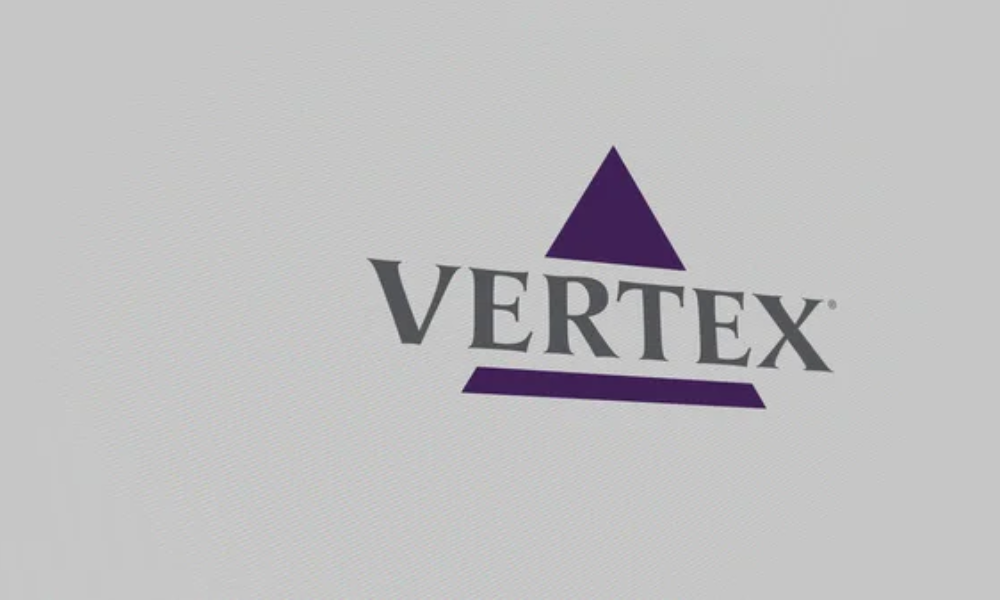Investors often face the dilemma of choosing between mutual funds and exchange-traded funds (ETFs) when constructing their investment portfolios.
While both options offer distinct advantages and cater to different investor preferences, understanding their differences is crucial for making informed investment decisions.
Read More: What is Unitil Corporation’s Future Growth Prospects?
Investment Minimums
If you prefer lower investment minimums, ETFs may be more suitable for you. ETFs generally have lower barriers to entry compared to mutual funds.
For instance, you can purchase a Vanguard ETF for as little as $1, while non-Vanguard ETFs can be bought for the cost of one share.

This flexibility allows investors to start investing with relatively small amounts, making ETFs accessible to a wider range of investors.
On the other hand, mutual funds often impose minimum initial investments that are not based on the fund’s share price but are instead a flat dollar amount.
For example, most Vanguard mutual funds have a minimum initial investment of $3,000.
This means investors need to commit a larger sum of money upfront to invest in mutual funds compared to ETFs.
Hands-on Control Over Trade Price
If you desire more hands-on control over the price of your trade, ETFs could be a suitable investment choice. ETFs provide real-time pricing, allowing investors to execute trades at market prices throughout the trading day.
Moreover, investors can use sophisticated order types to control the price at which they buy or sell ETF shares. However, for investors seeking simplicity, market orders provide an easy way to transact at the prevailing market price without added complexity.
Conversely, mutual funds determine their share prices at the end of each trading day based on the net asset value (NAV) of the underlying securities.
This means investors receive the same price regardless of when they place their orders during the trading day.
While this system ensures fairness, it may limit investors’ ability to control the execution price of their trades.
Also Read: Nigeria Battles Currency Crisis and Soaring Inflation
Automatic Transactions
For investors looking to automate their investment transactions, mutual funds offer a distinct advantage.
Unlike ETFs, which do not support automatic investments or withdrawals, mutual funds allow investors to set up recurring investment plans based on their preferences.
This feature enables investors to dollar-cost average or systematically contribute to their investments over time without manual intervention.
Index Fund Options
Both ETFs and mutual funds offer options for investing in index funds, which track specific market indices.
ETFs are often synonymous with index funds and are favored by passive investors seeking to replicate the performance of a particular index.
Vanguard, for example, offers a wide range of index ETFs, providing investors with diversified exposure to various market segments.
Similarly, Vanguard offers a comprehensive lineup of index mutual funds, catering to investors who prefer the structure and management style of mutual funds.

These mutual funds also aim to replicate the performance of specific indices while offering the benefits of active management by Vanguard’s investment professionals.
Choosing between mutual funds and ETFs requires careful consideration of factors such as investment minimums, trade execution control, automatic transactions, and investment objectives. While ETFs offer lower investment minimums, real-time pricing, and flexibility in trading, mutual funds provide the convenience of automatic transactions and a wide range of index fund options.
Ultimately, investors should align their choice with their investment goals, risk tolerance, and preferences for trade execution and automation.
By understanding the differences between mutual funds and ETFs, investors can construct well-diversified portfolios tailored to their individual needs and preferences.
Read Next: Major U.S. Banks Grapple With Rising Bad Property Debt and Depleted Reserves
DISCLAIMER
You should read and understand this disclaimer in its entirety before joining or viewing the website or email/blog list of SmallCapStocks.com (the “Publisher”). The information (collectively the “Advertisement”) disseminated by email, text or other method by the Publisher including this publication is a paid commercial advertisement and should not be relied upon for making an investment decision or any other purpose. The Publisher is engaged in the business of marketing and advertising the securities of publicly traded companies in exchange for compensation. The track record, gains, upside, and/or losses mentioned in the Advertisement, if any, should not be considered as true or accurate or be the basis for an investment. The Publisher does not verify the accuracy or completeness of any information included in the Advertisement. While the Publisher does not charge for the SMS service, standard carrier message and data rates may apply. To unsubscribe from receiving promotional text messages to your phone sent via an autodialer, using your phone reply to the sender’s phone number with the word STOP or HELP for help.
The Advertisement is not a solicitation or recommendation to buy securities of the advertised company. An offer to buy or sell securities can be made only by a disclosure document that complies with applicable securities laws and only in the states or other jurisdictions in which the security is eligible for sale. The Advertisement is not a disclosure document. The Advertisement is only a favorable snapshot of unverified information about the advertised company. An investor considering purchasing the securities, should always do so only with the assistance of his legal, tax and investment advisors. Investors should review with his or her investment advisor, tax advisor or attorney, if and to the extent available, any information concerning a potential investment at the web sites of the U.S. Securities and Exchange Commission (the "SEC") at www.sec.gov; the Financial Industry Regulatory Authority (the "FINRA") at www.FINRA.org, and relevant State Securities Administrator website and the OTC Markets website at www.otcmarkets.com. The Publisher cautions investors to read the SEC advisory to investors concerning Internet Stock Fraud at www.sec.gov/consumer/cyberfr.htm, as well as related information published by the FINRA on how to invest carefully. Investors are responsible for verifying all information in the Advertisement. As an advertiser, we do not verify any information we publish. The Advertisement should not be considered true or complete.
The Publisher does not offer investment advice or analysis, and the Publisher further urges you to consult your own independent tax, business, financial and investment advisors concerning any investment you make in securities particularly those quoted on the OTC Markets. Investing in securities is highly speculative and carries an extremely high degree of risk. You could lose your entire investment if you invest in any company mentioned in the Advertisement. You acknowledge that we are not an investment advisory service, a broker-dealer or an investment adviser and we are not qualified to act as such. You acknowledge that you will consult with your own independent, tax, financial and/or legal advisers regarding any decisions as to any company mentioned here. We have not determined if the Advertisement is accurate, correct or truthful. The Advertisement is compiled from publicly available information, which include, but are not limited to, no cost online research, magazines, newspapers, reports filed with the SEC or information furnished by way of press releases. Because all information relied upon by us in preparing an advertisement about an issuer comes from a public source, it is not reliable, and you should not assume it is accurate or complete.
By your subscription to our profiles, the viewing of this profile and/or use of our website, you have agreed and acknowledged the terms of our full disclaimer and privacy policy which can be viewed at the following link: www.SmallCapStocks.com/Disclaimer and www.SmallCapStocks.com/Privacy-Policy
By accepting the Advertisement, you agree and acknowledge that any hyperlinks to the website of (1) a client company, (2) the party issuing or preparing the information for the company, or (3) other information contained in the Advertisement is provided only for your reference and convenience. The advertiser is not responsible for the accuracy or reliability of these external sites, nor is it responsible for the content, opinions, products or other materials on external sites or information sources. If you use, act upon or make decisions in reliance on information contained in any disseminated report/release or any hyperlink, you do so at your own risk and agree to hold us, our officers, directors, shareholders, affiliates and agents harmless. You acknowledge that you are not relying on the Publisher, and we are not liable for, any actions taken by you based on any information contained in any disseminated email or hyperlink.
Dean is a freelance content writer who contributes to various Digital Media Companies and independent websites all over the world. He has over 20 years of financial industry experience, so it’s safe to say he’s well informed.












